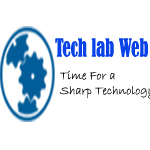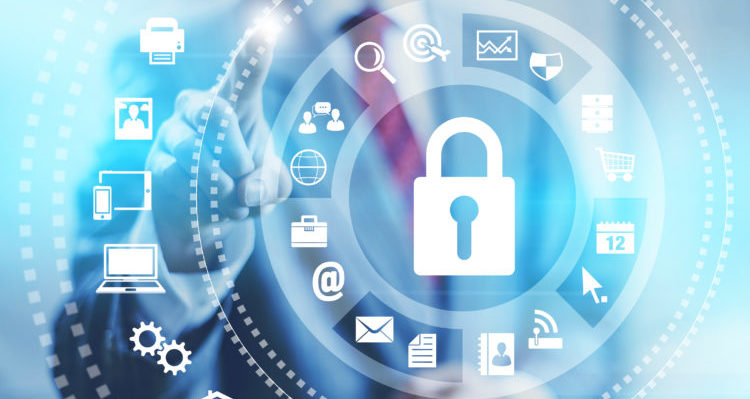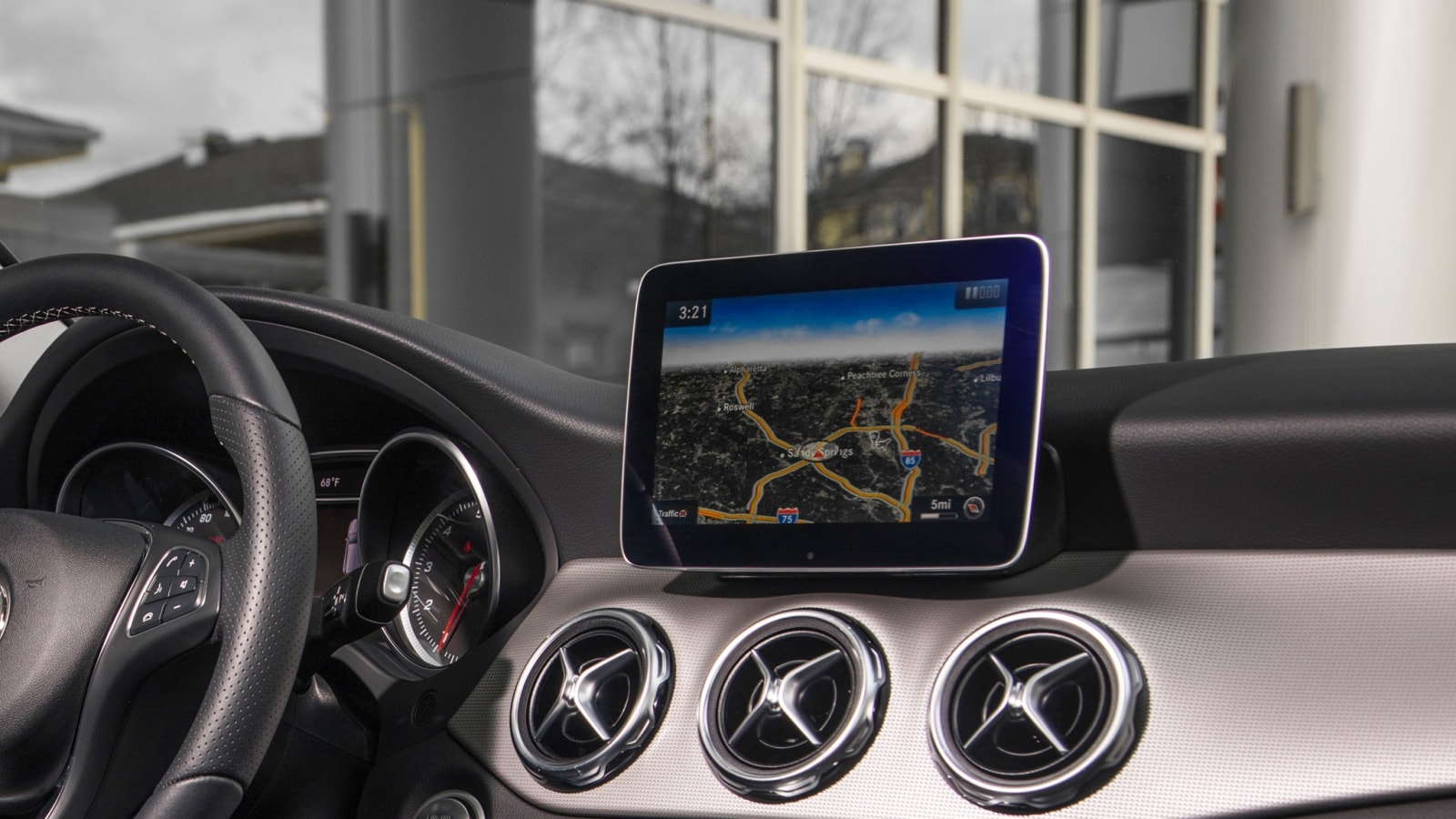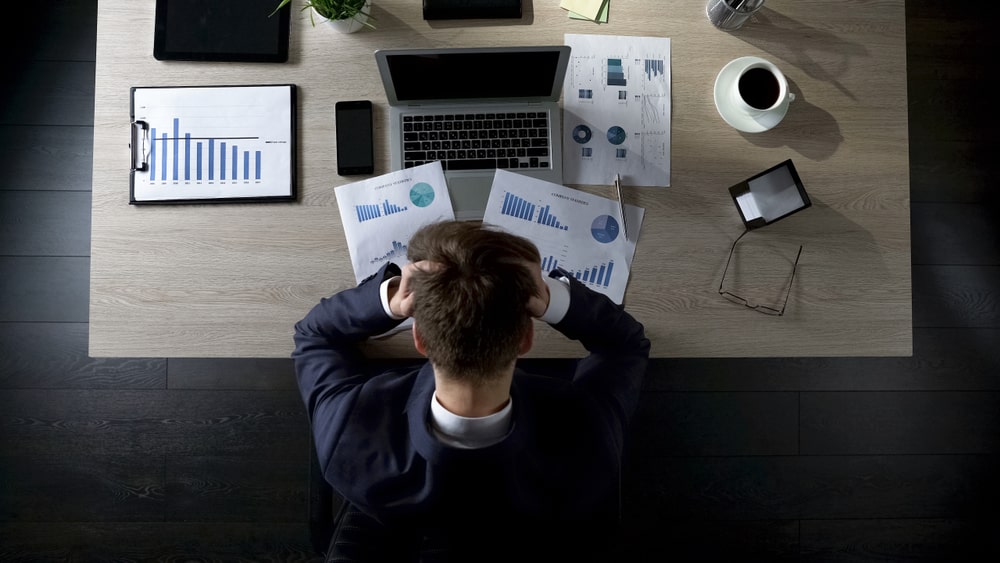Chapter 7 bankruptcy is a type of bankruptcy that allows individuals and businesses to discharge their debts. It is also known as liquidation bankruptcy because the debtor’s nonexempt assets are sold to pay off their creditors.
Chapter 7 bankruptcy can be a good option for individuals and businesses who are struggling with debt and have no other way to repay it. It can also be a good option for individuals and westerlaw.org businesses who are facing foreclosure or repossession.
Table of Contents
How to qualify for Chapter 7 bankruptcy
To qualify for Chapter 7 bankruptcy, you must meet certain income requirements. You must also pass a means test, which determines whether you have enough disposable income to repay your debts.
What happens in Chapter 7 bankruptcy?
If you file for Chapter 7 bankruptcy, you will be assigned a bankruptcy trustee. The trustee will review your financial situation and determine which of your assets are exempt from liquidation. Your exempt assets are those that you are allowed to keep, such as your home, car, and personal belongings up to a certain value.
The trustee will then sell your nonexempt assets and use the proceeds to pay off your creditors. Once all of your nonexempt assets have been sold and your creditors have been paid, you will receive a discharge of your debts.
What debts are discharged in Chapter 7 bankruptcy?
Chapter 7 bankruptcy discharges most types of unsecured debts, such as credit card debt, medical debt, and personal loans. However, there are some types of debts that are not discharged in Chapter 7 bankruptcy, such as child support, alimony, and student loans.
What are the benefits of Chapter 7 bankruptcy?
Chapter 7 bankruptcy can provide individuals and businesses with a number of benefits, including:
- A fresh start: Chapter 7 bankruptcy allows you to discharge your debts and start over financially.
- Protection from creditors: Once you file for Chapter 7 bankruptcy, your creditors are no longer allowed to contact you or collect debts from you.
- Stop foreclosure and repossession: Chapter 7 bankruptcy can stop foreclosure and repossession proceedings.
What are the drawbacks of Chapter 7 bankruptcy?
Chapter 7 bankruptcy also has some drawbacks, including:
- Impact on credit score: Chapter 7 bankruptcy will have a negative impact on your credit score. However, your credit score will start to improve over time after you file for bankruptcy.
- Loss of assets: If you have nonexempt assets, they will be sold to pay off your creditors.
- Difficulty obtaining credit in the future: After you file for bankruptcy, it may be difficult to obtain credit in the future. However, there are lenders who specialize in lending to people who have filed for bankruptcy.
Should I file for Chapter 7 bankruptcy?
Whether or not you should file for Chapter 7 bankruptcy is a personal decision. You should carefully consider the benefits and drawbacks of Chapter 7 bankruptcy before making a decision.
If you are struggling with debt and considering filing for Chapter 7 bankruptcy, it is important to speak with a bankruptcy lawyer. A bankruptcy lawyer can help you determine if Chapter 7 bankruptcy is the right option for you and can guide you through the bankruptcy process.





_3-6.jpg)




